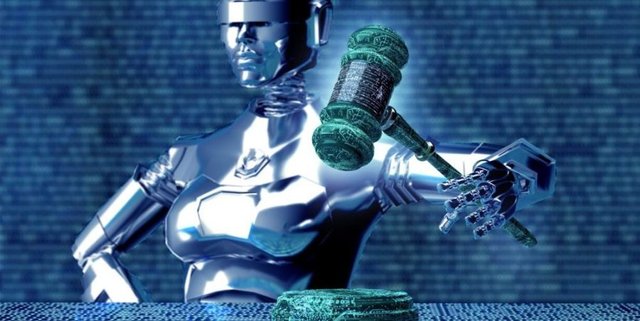
Source
China and Estonia are at the forefront of the development of "virtual judges" based on Artificial Intelligence that will apply, for the moment, for simple cases.
In both cases, the parties present their demands and their evidence in digital format and with them the artificial intelligence judge will analyze the documentation and issue a judgment.
The system is equipped with a custody algorithm that guarantees that the tests are not altered and it can check online other cases of jurisprudence that help you make decisions.
All this a priori can be interesting as long as these "judges" are dedicated to solving easy crimes and with little implication or to help the real judges in the analysis of their cases.
While it is still too early to be afraid, these things pose serious ethical and social challenges, which I suppose we should start discussing.
Source: wiredl.com, read original article
https://www.wired.com/story/can-ai-be-fair-judge-court-estonia-thinks-so/


Versión en español
Such a solution has a big potential, especially if the AI makes unbiased decisions (people can make mistakes, they can be bribed, AI can't).
Downvoting a post can decrease pending rewards and make it less visible. Common reasons:
Submit
That's the question, unbiased.
Thanks for comment.
Downvoting a post can decrease pending rewards and make it less visible. Common reasons:
Submit
Hi, thanks for the post! I have included it in my daily Business and leadership digest, and you'll receive a 10% share of that post's rewards.
Downvoting a post can decrease pending rewards and make it less visible. Common reasons:
Submit
Thank you for your comment.
Downvoting a post can decrease pending rewards and make it less visible. Common reasons:
Submit